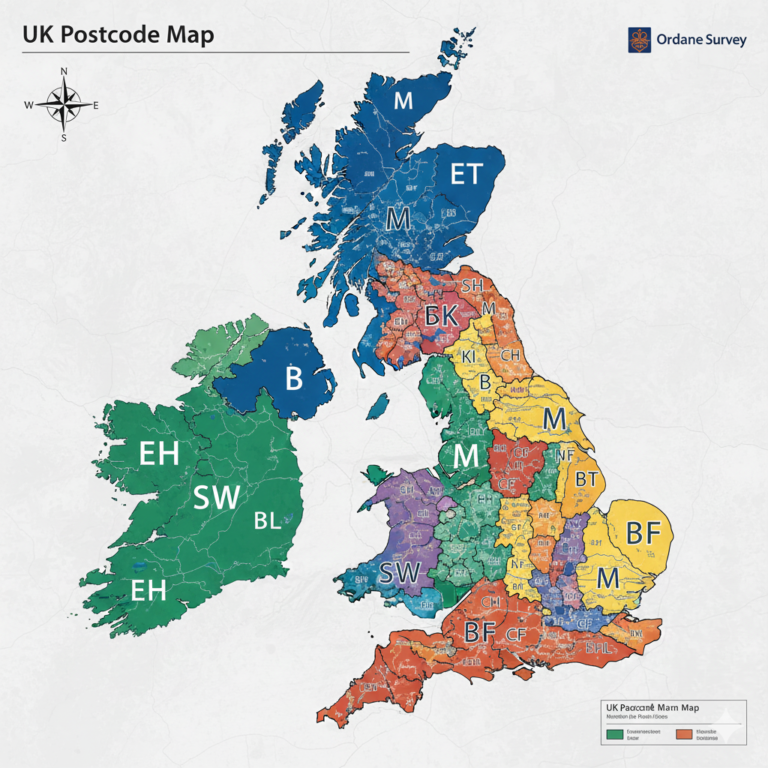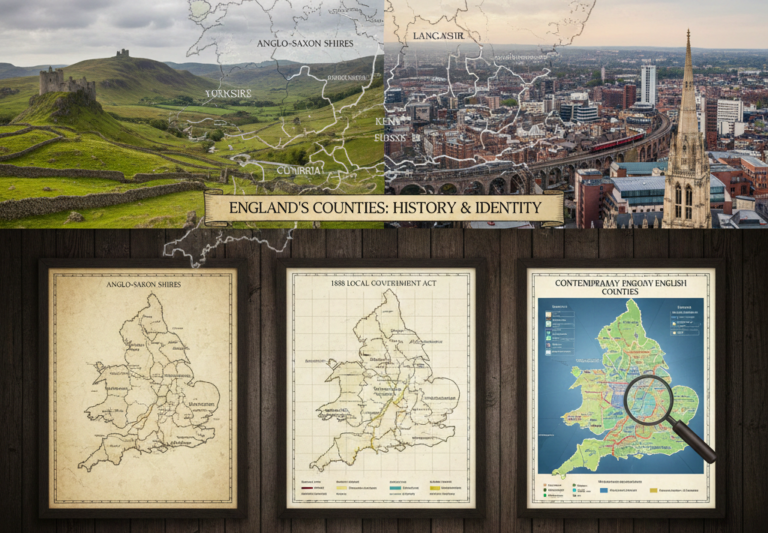
The UK has a number of bank holidays each year, and many people still have questions about how they work. Below is a clear and easy explanation of the most common questions.
Table of Contents
Are there always 8 bank holidays in the UK?
In England and Wales, there are usually eight standard bank holidays each year. These are the official public holidays when many workplaces, schools, and services close. However, this number can change slightly from year to year if an extra holiday is added for a special event.
Are there always 8 bank holidays?
Not across the whole of the UK. England and Wales normally have eight, but Scotland often has nine, and Northern Ireland sometimes has ten. Each part of the UK has its own holiday list based on its history and local celebrations.
What are the 8 bank holidays in 2025?
In 2025, the eight bank holidays in England and Wales are:
- New Year’s Day – 1 January
- Good Friday – 18 April
- Easter Monday – 21 April
- Early May Bank Holiday – 5 May
- Spring Bank Holiday – 26 May
- Summer Bank Holiday – 25 August
- Christmas Day – 25 December
- Boxing Day – 26 December
These are the main national holidays when most people have the day off.
What are the 8 public holidays?
In most of the UK, “public holidays” is another way of saying “bank holidays.” The eight listed above are the main public holidays in England and Wales. However, Scotland and Northern Ireland have a few extra public holidays of their own based on their traditions and local events.
Is a 20-day holiday legal in the UK?
If a worker is employed full-time, the legal minimum holiday in the UK is 5.6 weeks of paid leave per year, which is usually 28 days for someone working five days a week. Some companies include bank holidays within this allowance, while others offer them on top of the 28 days. It depends on the employment contract. So, 20 days alone is not usually the legal minimum for a full-time employee.
Why does the UK have so many bank holidays?
The UK has a long history of religious, cultural, and royal celebrations. Many bank holidays began as traditional festivals and later became official public holidays. Over time, the government added more holidays to give workers regular breaks throughout the year. On special occasions, such as royal events or major national moments, extra one-off bank holidays may also be added.
Conclusion
Bank holidays are an important part of life in the UK. While England and Wales usually have eight every year, Scotland and Northern Ireland have slightly different schedules. These holidays reflect the country’s history, culture, and traditions, and they give workers valuable time to rest, celebrate, and enjoy time with family and friends.







